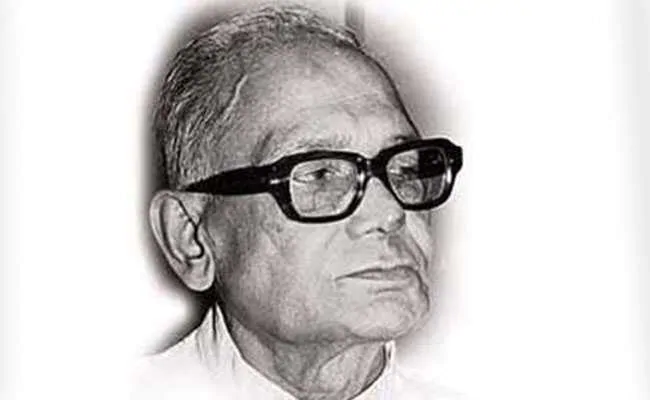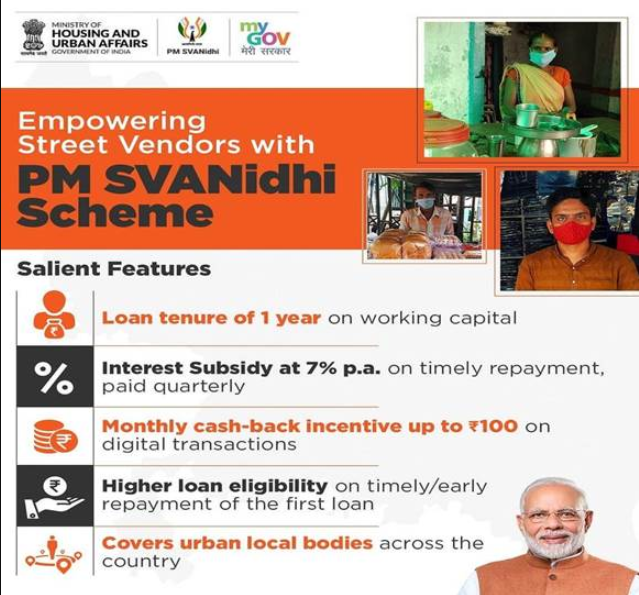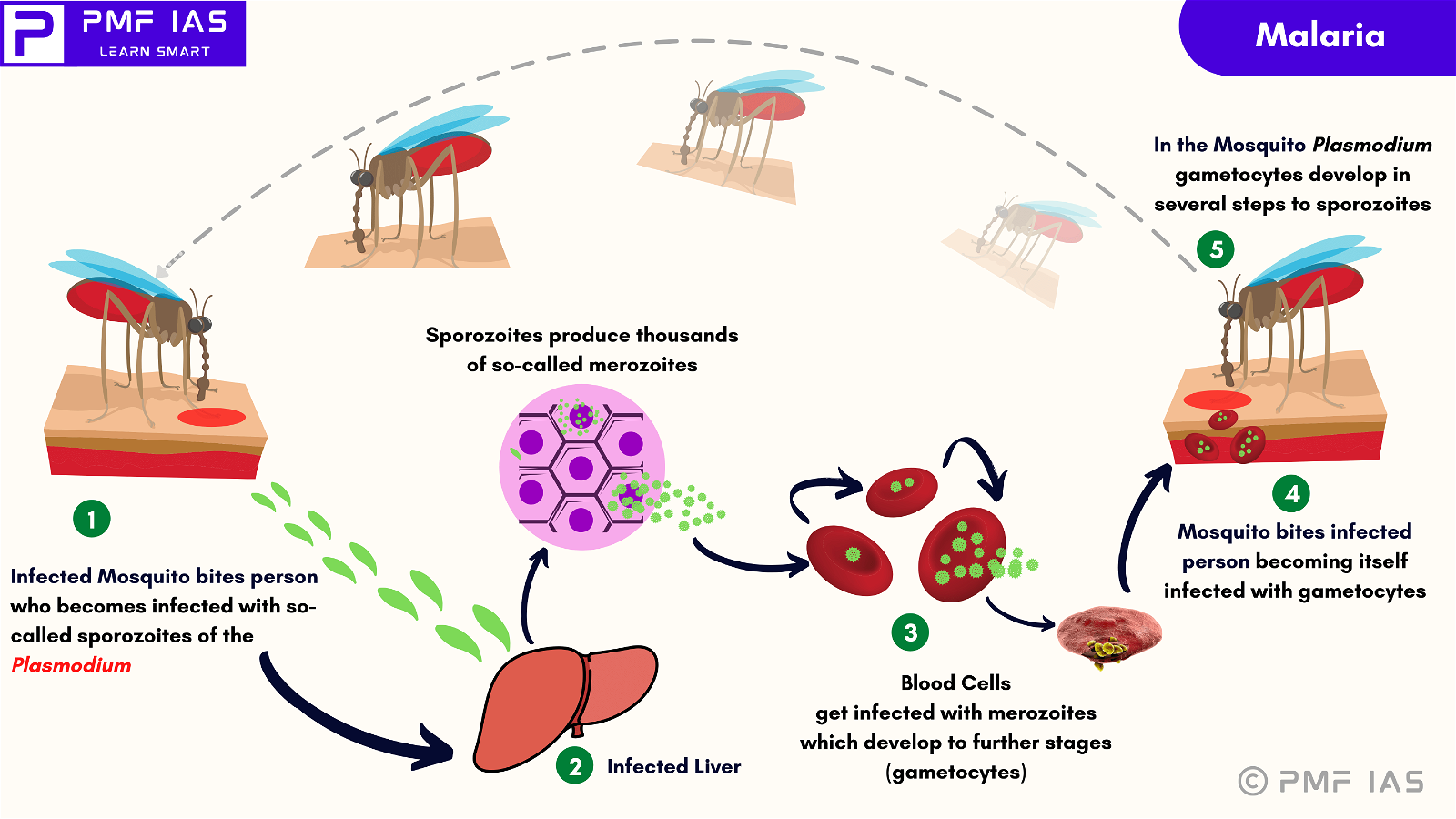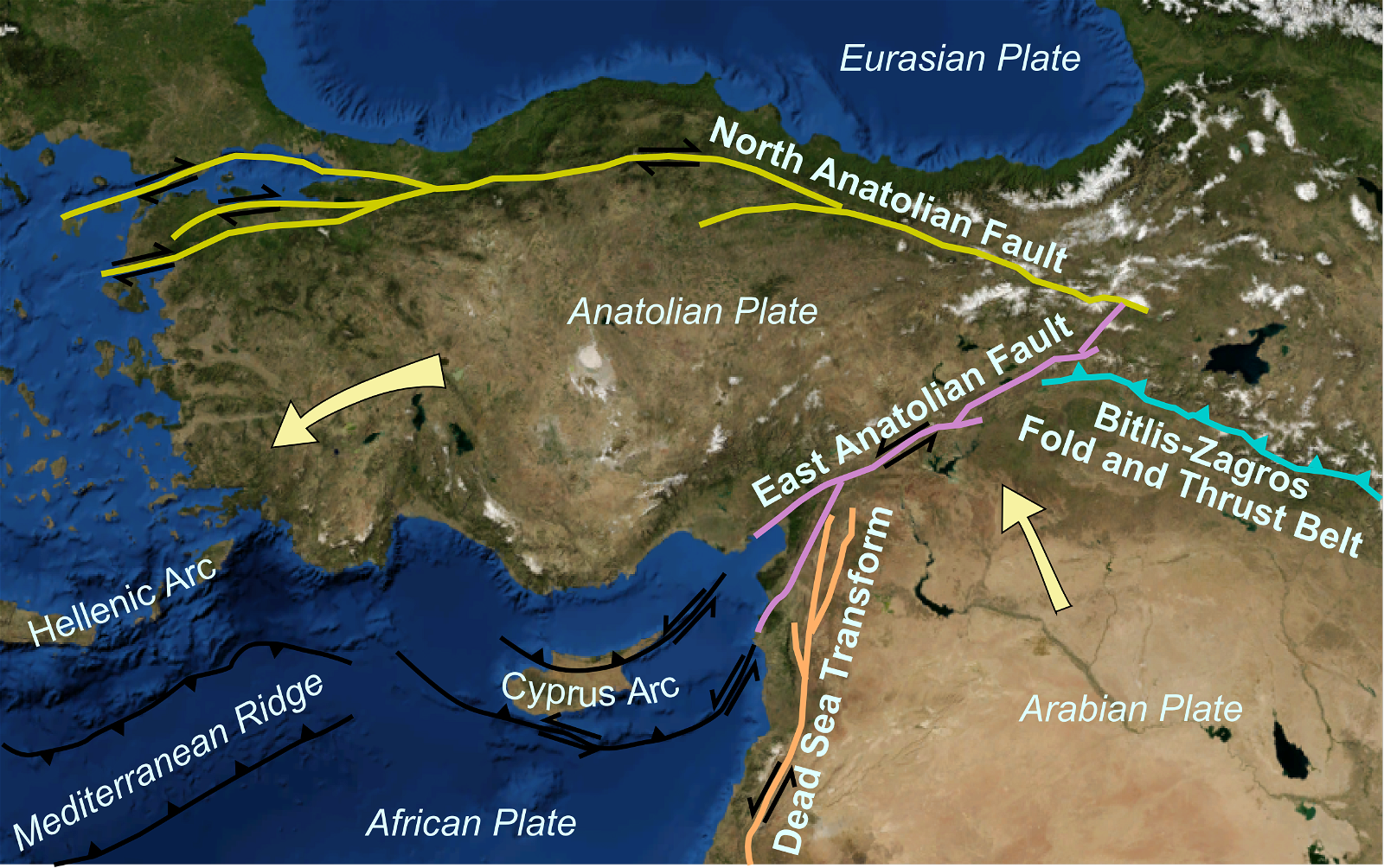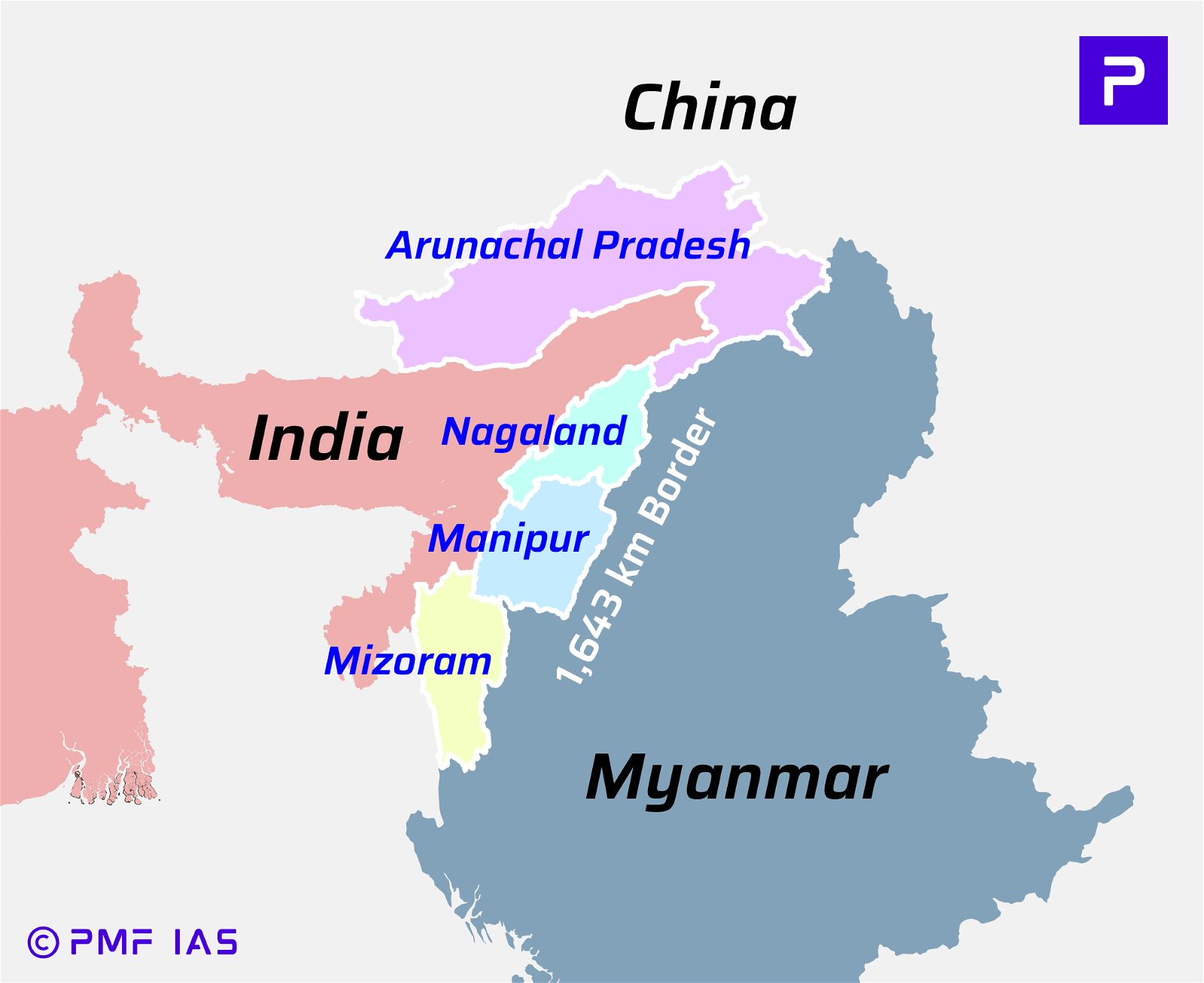
Unlawful Activities (Prevention) Act (UAPA)
Subscribe to Never Miss an Important Update! Assured Discounts on New Products!
Must Join PMF IAS Telegram Channel & PMF IAS History Telegram Channel
Unlawful Activities (Prevention) Act (UAPA)
- Context (TH): The FIR has been registered against the NewsClick portal, invoking the Unlawful Activities (Prevention) Act (UAPA).
- The main allegation in the FIR against NewsClick is that the news portal allegedly received illegal funding from China routed through the United States.
- The Unlawful Activities (Prevention) Act (UAPA) is an anti-terror act enacted in 1967.
- The original Act dealt with “unlawful” acts related to secession.
- The 2004 amendments expanded the scope, and anti-terror provisions were introduced.
- It was strengthened by the government by the amendments in 2008, 2012 and 2019.
Key Features of Unlawful Activities (Prevention) Act (UAPA)
- The words terror or terrorist are not defined, but Section 15 defines a terrorist act.
- A terrorist act is any act committed with intent:
- To threaten the unity, integrity, security, economic security, or sovereignty of India.
- To strike terror in the people or any section of the people in India or in any foreign country.
|
- It gives the state more powers compared with the Indian Penal Code (IPC). It gives more time for the state to file chargesheets.
- Conditions for bail are stringent:
- To deny bail under the UAPA, the court must be satisfied that a “prima facie” case exists against the accused.
- Provisions of the act leave very little room for judicial reasoning and make the grant of bail virtually impossible under UAPA.
|
UAPA amendment 2019
- The central government can designate an individual as a “terrorist” if involved in an act of terror.
- Earlier, only organisations could be designated as terrorist organisations.
- Earlier, an investigating officer had to obtain prior permission from the DGP of a state to conduct raids and seize properties suspected to be linked to terrorist activities.
- The amendment removes this requirement if the investigation is conducted by an officer of the National Investigation Agency (NIA). The investigating officer only requires sanction from the Director General of NIA.
- Earlier, only officers of the rank of Deputy Superintendent or Assistant Commissioner of Police of the NIA shall have the power to investigate offences under the UAPA law.
- The amendment allowed NIA officers of Inspector rank to carry out investigations.





![PMF IAS Environment for UPSC 2022-23 [paperback] PMF IAS [Nov 30, 2021]…](https://pmfias.b-cdn.net/wp-content/uploads/2024/04/pmfiasenvironmentforupsc2022-23paperbackpmfiasnov302021.jpg)
